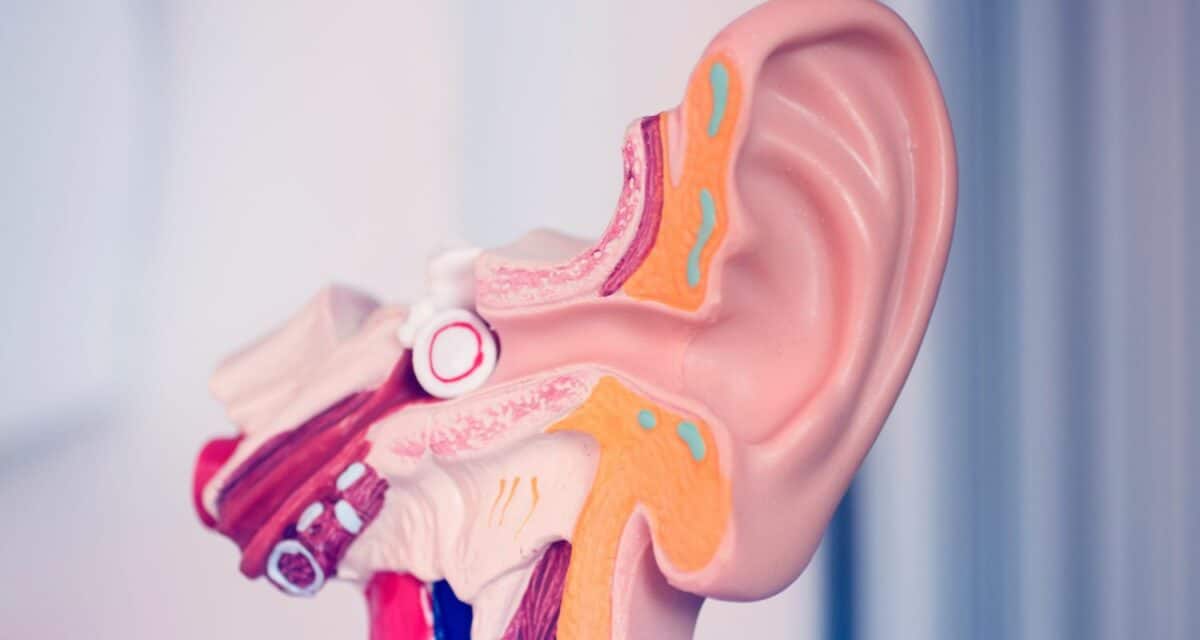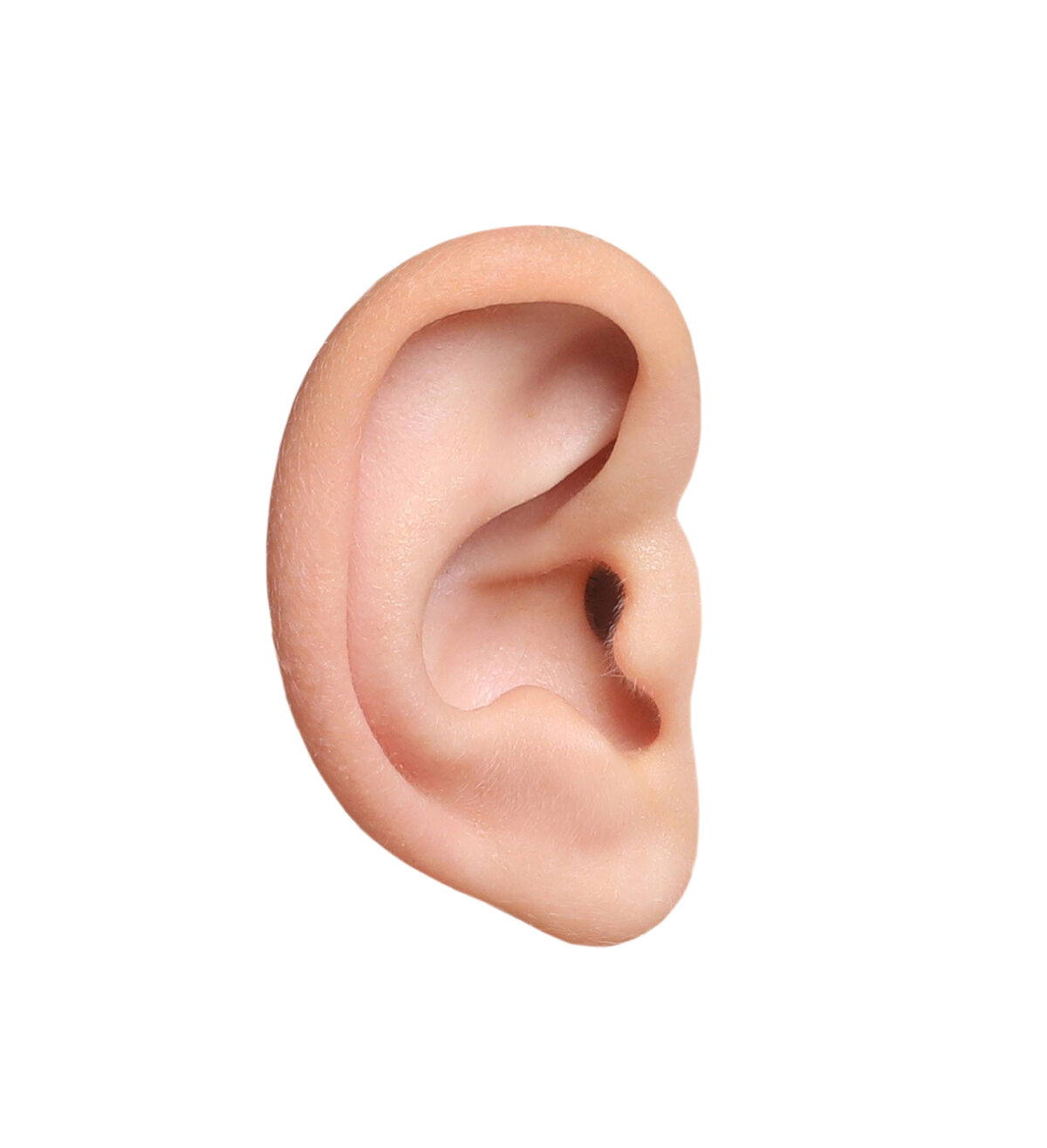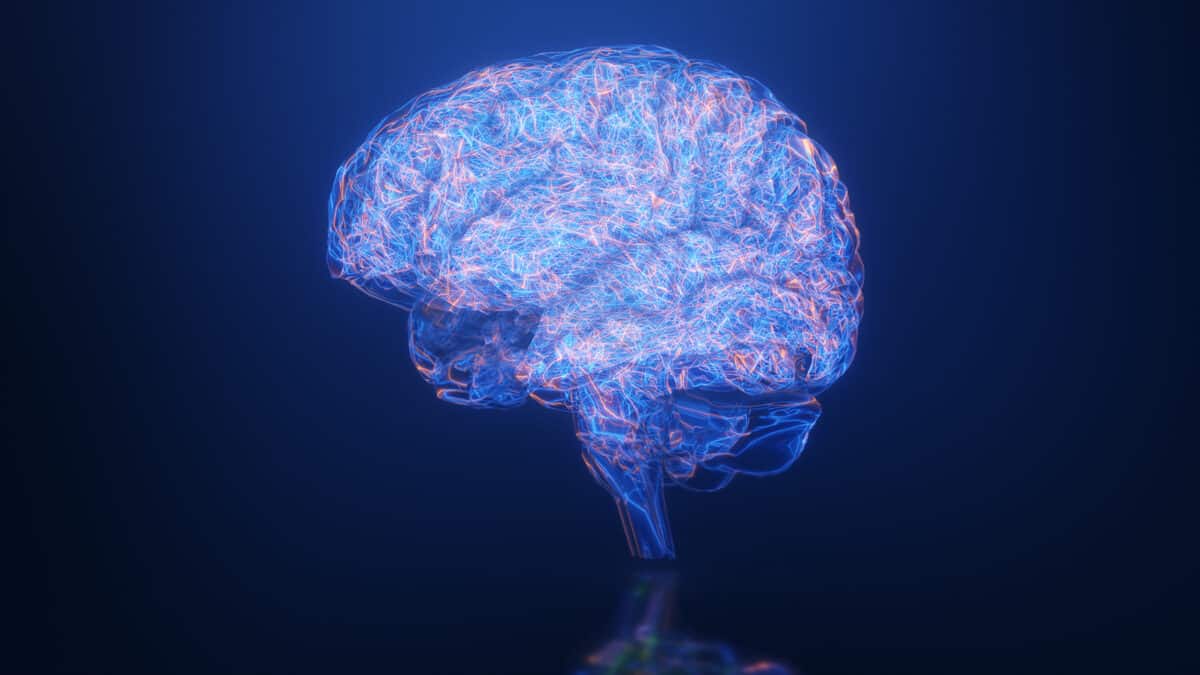Swallowing disorders, also known as dysphagia, are a common and often overlooked issue that affects people of all ages. It’s normal to have difficulty swallowing food or drinks occasionally, but when it becomes a frequent occurrence, it can be a sign of a swallowing disorder. Swallowing is a complex process that happens in three stages – oral, pharyngeal, and esophageal. …
Why Are Sinus Problems Worse in Winter?
It is common to experience sinus issues in the winter. Symptoms may even be worse in the wintertime and compounded by the common cold, flu, or COVID. You may be wondering why sinus problems are worse in the winter and what can be done about it. Well, it is helpful to know that there are effective ways you can manage …
Understanding Winter Throat Issues
If you experience more throat issues in the Winter, you are not alone. Irritated, itchy, sore, and dry throats are actually common in the wintertime. Experiencing a sore throat is a common complaint of winter months. This can cause discomfort, pain, and even lead to a difficulty swallowing or speaking. Why are throat issues more pervasive in winter months? Understanding …
What Causes Balance Issues?
Our sense of balance is what keeps us upright and feeling stable while we move through space without falling. Balance seems to happen so automatically that you may not not know how we actually maintain it. But balance involves a complex system known as the vestibular system. Balance issues are produced when the vestibular system is impacted and there is …
How is Sinusitis Treated?
It is estimated that nearly 35 million people experience sinusitis every year. Sinusitis involves the sinuses, spaces in our noise that consist of tissue which produces mucus. This mucus moisturizes the nasal cavity as well as helps filter the air we inhale by removing dust and other microbes we breathe in. This prevents these pollutants and allergens from causing illness, …
Scratchy Throat: Allergies or COVID?
If you experience a scratchy throat before the pandemic, you likely attributed it to allergies and it wasn’t much cause for concern. But with COVID now part of daily life, symptoms can be tough to identify. What you thought was allergies may be confused for COVID, causing additional stress and confusion. Understanding how allergies and COVID are different can help …
What is Vestibular Hypofunction?
Vestibular hypofunction is a type of balance disorder that involves part of the balance system not working properly. The balance system (known as the vestibular system) is housed in the inner ear. Vestibular hypofunction can be unilateral which means it occurs on one side or bilateral hypofunction meaning it is present on both sides – or in both ears. This …
Healthy Habits to Protect Your Hearing
Though not all forms of hearing loss are preventable, there are ways you can help prevent noise induced as well as age-related hearing loss. Nearly 1 in 6 people have some degree of hearing loss. Impacting over 48 million people, hearing loss is a pervasive health issue people live with today. This highlights the importance of protecting your hearing health …
Trouble Hearing in Noisy Places? Train Your Brain
Do you find yourself struggling to keep up with conversations in restaurants or at parties? Do you often say “huh” or “what” in these settings? These are common signs of hearing loss, a medical condition that impacts nearly 1 in 6 people. Experiencing difficulties hearing speech in environments that are noisy is a common symptom of hearing loss. These spaces …
Sounds That Could Harm Your Hearing
Did you know that exposure to loud noise is one of the most common causes of hearing loss? We are exposed to varying levels of noise throughout the day and some of this noise can be hazardous for hearing health. In fact, 30 million people in the U.S. are exposed to dangerous levels of noise on a regular basis according …










